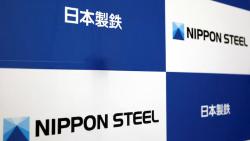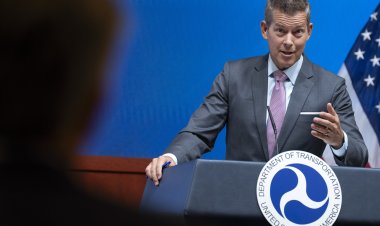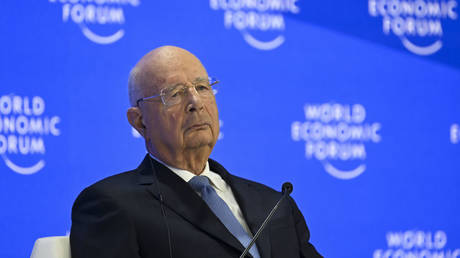Firms interested following U.S. postponement of blocking Nippon Steel-U.S. Steel merger
Businesses are showing increased interest following the U.S. government's postponement of its decision regarding the Nippon Steel-U.S. Steel merger.

"We are pleased that CFIUS has granted an extension to June 18, 2025, of the requirement in President Biden's executive order that the parties permanently abandon the transaction," the companies stated.
This extension provides an opportunity to potentially revive the controversial deal. "We look forward to completing the transaction, which secures the best future for the American steel industry and all our stakeholders," they added.
President Joe Biden blocked the acquisition citing national security concerns on January 3. Treasury Secretary Janet Yellen indicated this week that the Committee on Foreign Investment in the United States (CFIUS) had conducted a "thorough analysis" of the proposed acquisition.
The delay will allow the courts to assess a legal challenge that the steelmakers have filed against Biden's order.
On Saturday, the White House, the Treasury Department, and a representative for the United Steelworkers union, which has opposed the deal, were not immediately available for comment.
Bipartisan opposition has emerged to the acquisition, with both Biden, a Democrat, and his successor candidate, Republican Donald Trump, expressing concerns about Nippon Steel's purchase of the American steelmaker.
U.S. Steel and Nippon Steel initiated a lawsuit against the Biden administration on Monday. They claim that the CFIUS review was biased due to Biden's historical opposition to the deal, which deprived them of a fair examination. They are seeking a federal appeals court's intervention to overturn Biden’s decision and facilitate a new review for the merger.
The Treasury Secretary leads the CFIUS panel, which evaluates foreign purchases of U.S. companies and other investment transactions for potential national security risks. While CFIUS typically makes recommendations to the president or decides on cases, it was unable to reach a consensus in the case of U.S. Steel and Nippon Steel, leaving the final decision to Biden.
This blockage could have repercussions for Japan-U.S. relations, as CFIUS has seldom rejected transactions involving allied nations within the Group of Seven, including Japan.
Japanese Foreign Minister Takeshi Iwaya expressed disappointment over Biden's decision on Sunday during a discussion with outgoing Secretary of State Antony Blinken. He stated, "The broader context of the Japan-U.S. alliance is extremely important, and it is essential to handle this transaction appropriately to avoid disrupting it."
Iwaya noted, "Japan is the largest investor in the United States. There is widespread unease within the business community, and I will continue urging the U.S. to alleviate these concerns."
Aarav Patel for TROIB News
Find more stories on Business, Economy and Finance in TROIB business












